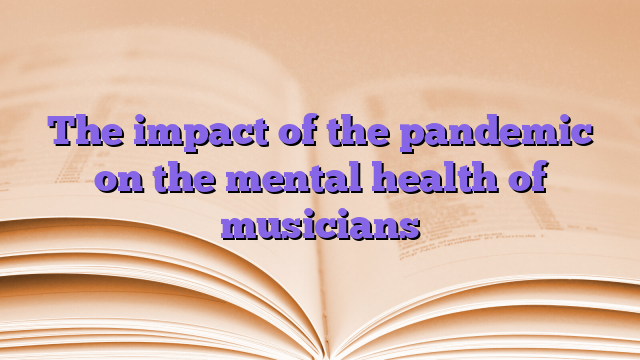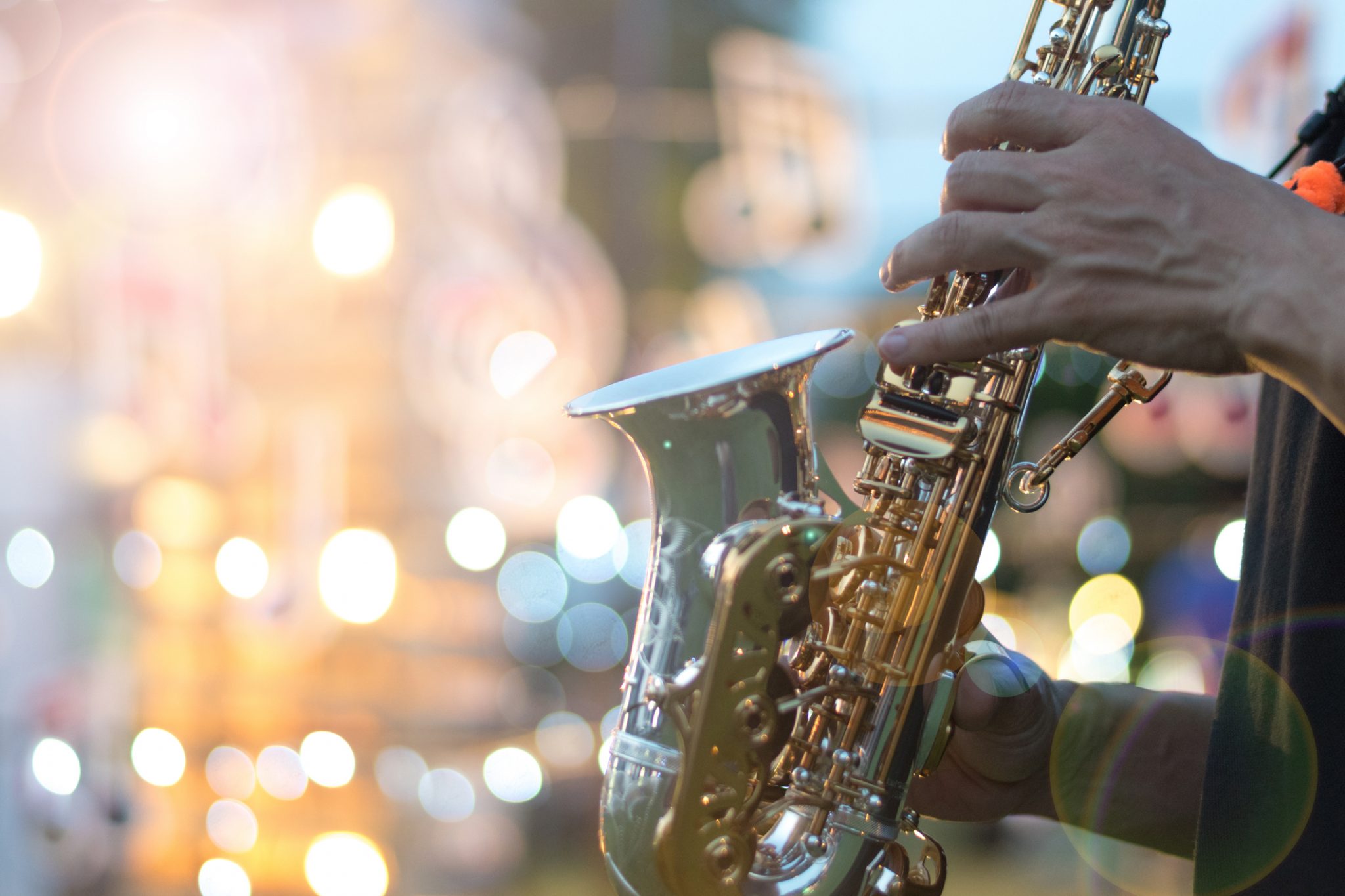

Already a tough business with the pressure to perform and the fight to succeed, the music industry can do something with the mental health of an amateur musician, but the coronavirus pandemic did not help matters. With restaurants and event venues closing their doors in the City of Music, live music and concerts disappeared overnight. These changes affected the mental health of musicians during the pandemic and many are just beginning to recover.
Musicians and mental illness
While it looks glamorous from the outside, the music industry can be a dog-eat-dog business. As a result, musicians and depression, anxiety, and a variety of other mental health conditions can go hand in hand.
By some estimates, half of musicians struggle with depression compared to less than a quarter of the general adult population. If that wasn’t bad enough, in the same survey nearly 12% of musicians also reported suicidal thoughts. This rate is four times that of the general population.1 Other studies suggest that up to 73% of independent musicians have struggled with anxiety or depression.1
The reason for the many struggles for mental health in the music industry is not clearly defined, but some experts attribute it to unpredictable hours, pressure and demanding performance schedules. Others suggest that musicians tend to be more in touch with their emotions in general. Regardless of the exact reason, the mental health of musicians was already problematic before the pandemic.
The effects of the pandemic on the mental health of musicians in Nashville
Nashville, also known as the City of Music, has one of the largest populations of people in the music industry at eight times the national average.2 When the pandemic hit, the city shut down most live music and many of the people in the music industry were suddenly out of work. These people not only suffered a financial blow, but there was also a notable impact of the pandemic on the mental health of musicians.
A survey of Music City musicians found that 70% believe that the COVID-19 pandemic negatively affected their mental health. Similarly, 67.5% of the surveyed composers, composers, lyricists, arrangers, conductors and conductors believed the same.3
The negative impact of the pandemic on musicians’ mental health may have led to other problems as well. Suicide, addiction and drug overdose rates rose across the country during the coronavirus pandemic. The exact numbers for those in the music industry are unknown, but this population likely followed similar trends. Those in need should seek mental health and addiction treatment immediately.
Mental health support for musicians after a pandemic
While restrictions may be lifted and live music may return, the negative effects of the pandemic on the mental health of musicians and other music industry professionals are likely to persist. It’s important that the music industry and the city come together to help people get the mental health care in Nashville they need to feel better and move on.
While the changes won’t happen overnight, the city has already taken some steps to help with the mental health crisis in the community. Telehealth is considered a more viable option to expand care. Another new initiative called Partners in Care involves Nashville police officers and mental health professionals working more closely. The hope of this pilot project is to connect people in crisis more easily to care.5
Whether you are a musician or not, if your mental health is suffering, ask for help. At Vertava Health Midtown Nashville, we want to help people live their best future. Contact us today to begin your journey to a better tomorrow today.
Thanks To You
